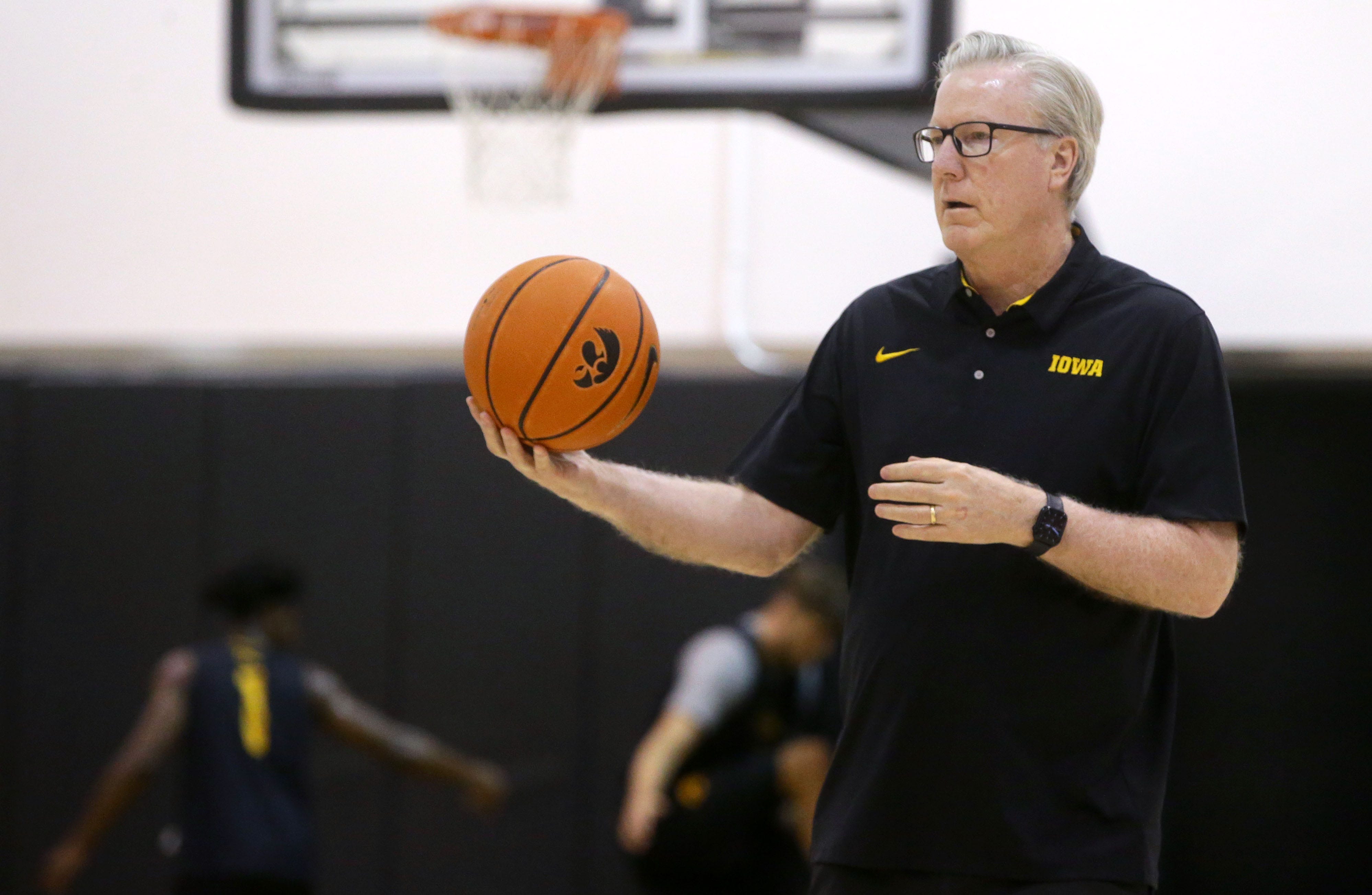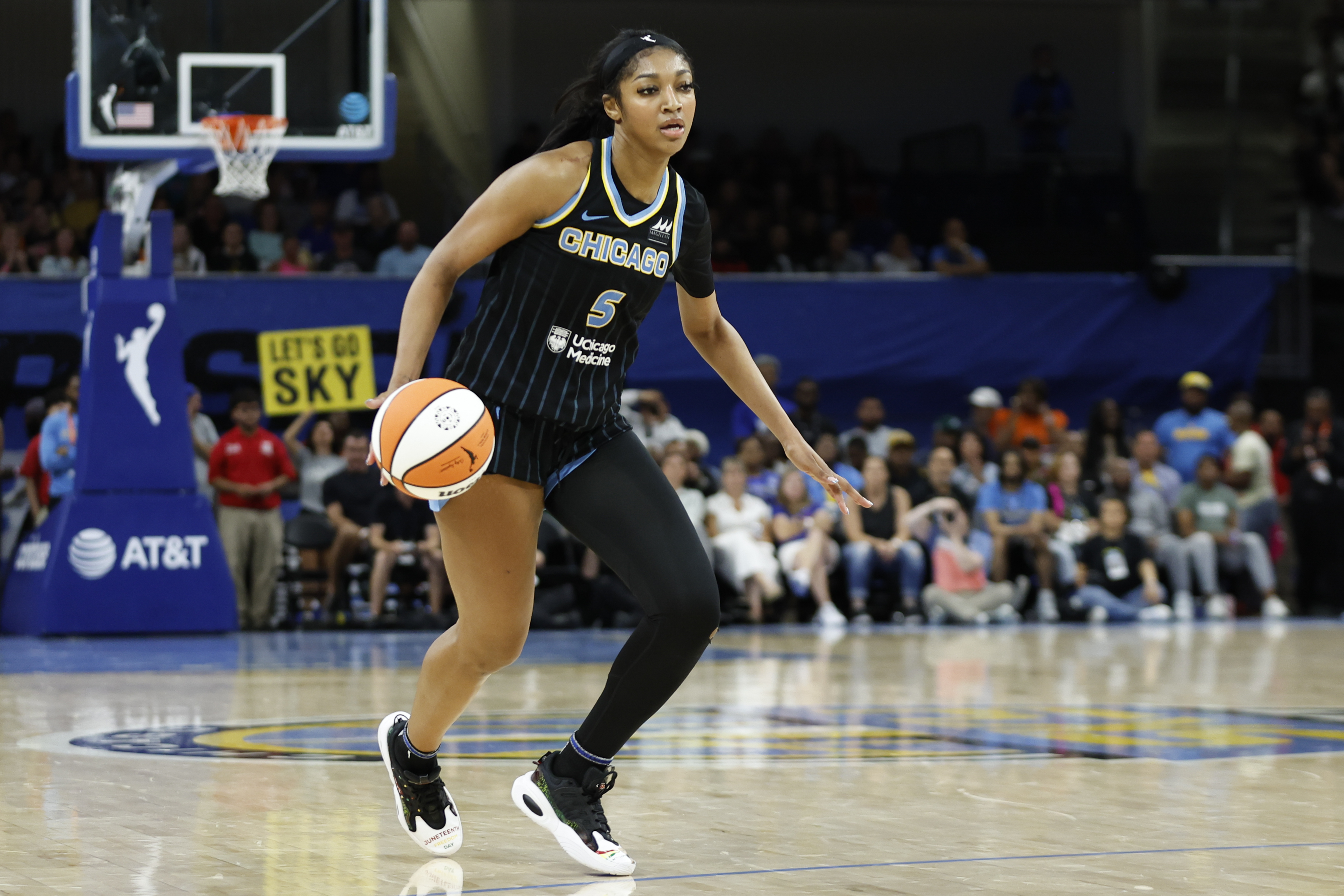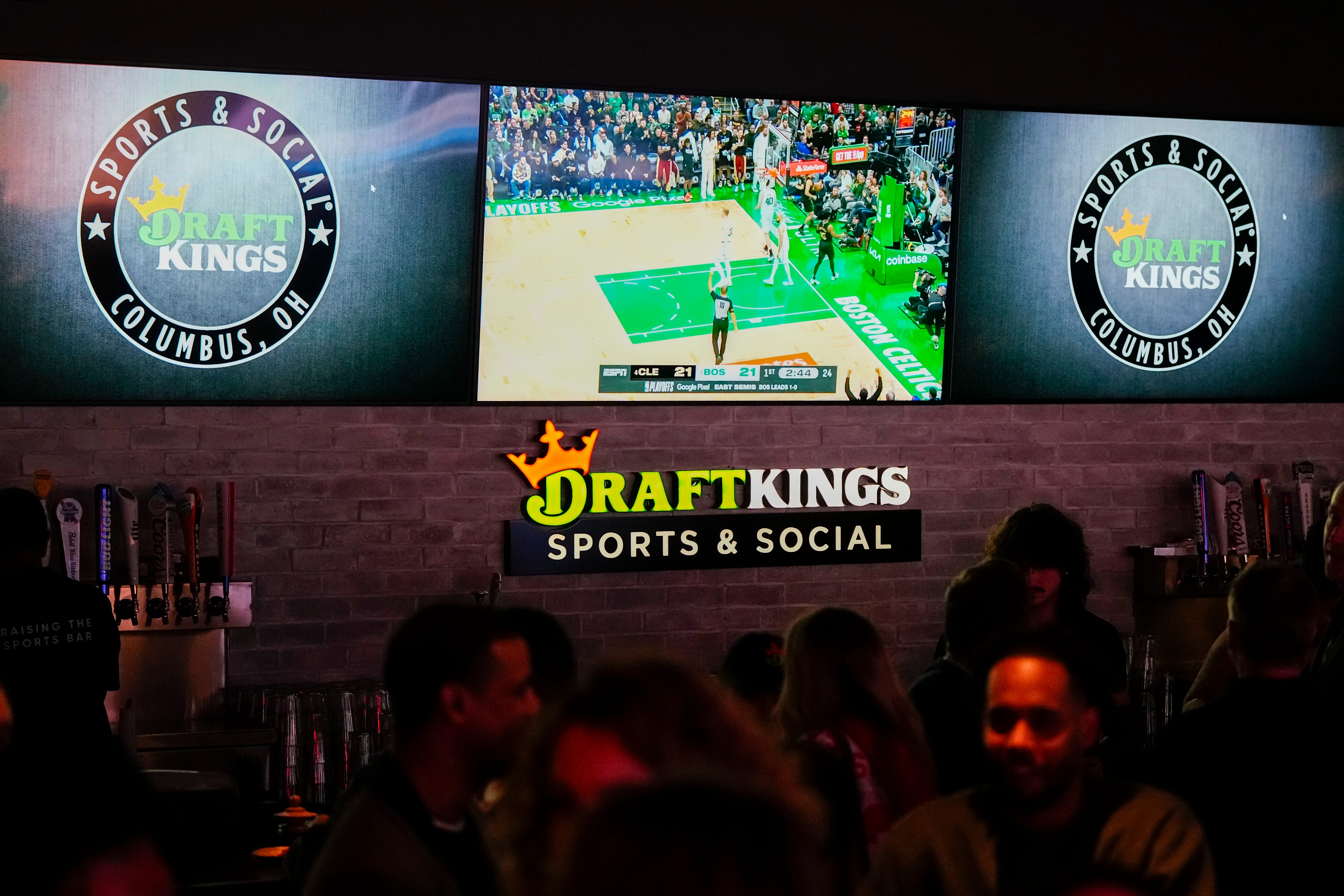New York Seeks To Increase Number Of Sports Betting Operators

If a new bill successfully passes through the state senate, New York could see an increase in the number of mobile sportsbooks available.
During the January 17 session of the New York Senate Committee on Racing, Gaming, and Wagering, Senator Joe Addabbo proposed Bill S1962. The bill aims to expand the number of online sports betting licenses in New York to 14 by January 31, 2026, and 16 by January 31, 2025.
Increasing the number of mobile sports betting sites in the current market would also involve a tax decrease. This would initiate the challenging task of convincing legislators in New York to lower the 51% tax rate on the sports betting industry, which generated over $900 million in tax revenue during its first year of legal online sports betting.
Potential impact of Bill S1962
According to the bill, if the number of operators expands to 10-12, the tax rate would be 50%. If it increases to 13-14, the tax rate would be 35% starting in 2026. For 15 operators or more, the tax rate would drop to 25% in 2025.
However, along with lower taxes, there is an increase in licensing fees for new entrants joining a thriving market compared to a new one. The new operators would be required to pay a licensing fee of $50 million, double the $25 million paid by the nine current operators in the market.
Sports betting sites bristle at NY tax rate
Out of the nine active operators offering online sports betting in New York, FanDuel, DraftKings, Caesars, and BetMGM collectively dominate over 90% of the market share. The top executives at these leading sportsbooks have publicly expressed strong disapproval of the current 51% tax rate.
During a Senate public hearing on New York’s first year of online sports betting on January 31, DraftKings CEO Jason Robins and FanDuel President Christian Genetski raised concerns about the current tax rate. They cautioned that without a reduction, the state’s operators may make decisions that could harm the marketplace.
In 2026, online sports betting in New York reached a record $16.5 billion, making it the largest mobile sports betting market in the United States. However, Robins expressed concerns that the market’s stability is in question due to the state’s highest tax rate. This could potentially lead the company to make difficult decisions, such as providing less favorable odds in New York compared to other states.
During BetMGM’s May 2026 earnings call, CFO Gary Deutsch expressed a similar sentiment to Robins, stating that the house cannot sustain itself if it consistently loses.
Genetski from FanDuel noted that the New York online sports betting market has likely reached its peak, as the handle has dropped by over 20% in the first three months of operation. He believes that the reason for this decline is clear: operators are scaling back their investments in the market due to the high 51% tax rate.
During an interview at the 2026 Indian Gaming Mid-Year Conference in November, Caesars CEO Tom Reeg bluntly expressed his opinion on the tax rate, calling it “ridiculous.”
The future of Bill S1962
Sen. Addabbo stated on Jan. 17 that Bill S1962 serves as the beginning of negotiations in the new legislative session and upcoming state budget discussions.
In 2026, Assemblyman Gary Pretlow introduced a bill amendment similar to this one, which did not progress. Therefore, this current bill will likely encounter significant challenges in moving forward.
Despite the national average online sports betting tax rate being 13%, New York lawmakers are hesitant to decrease the current 51% tax rate. This is due to the close relationship between the success of mobile sportsbooks in New York and the state’s overall revenue. As of November 13, the state’s sports betting sites generated $16.5 billion in revenue, resulting in approximately $577 million in tax revenue, 98% of which was allocated to education programs.
Some legislators are skeptical that Bill S1962 could potentially halve tax revenue by 2025 if it is successful in carving a path to fruition.
However, operators contend that the existing 51% tax rate is not conducive to fostering sustainable market growth. They argue that the state may ultimately lose tax revenue if operators reduce their investments, potentially impacting the availability of New York sports betting promotions.
Furthermore, this friction could potentially drive bettors towards offshore sites in the unregulated illegal market, undoing the progress made by the sports betting industry in establishing regulations and consumer protections.
No matter how you spin it, it appears that Bill S1962 has sparked a significant discussion that shows no signs of ending any time soon.







